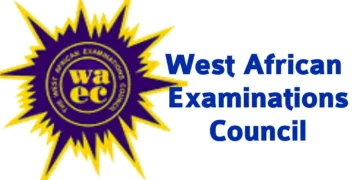Minister of education, Professor Tahir Mamman, has assured Nigerians that President Bola Tinubu is committed to reposition the education sector to quicken socioeconomic development of the country.
He stated this at the opening ceremony of the ministerial session of the 67th National Council on Education (NCE) meeting in Lagos.
The minister said the key priority of the Federal Ministry of Education focuses on improving access to basic education and out-of-school children.
He said, “In recognition of the importance of education in preparing and equipping the citizenry, the Federal Ministry of Education has set in motion the process of repositioning and revitalizing the sector to attain BAT’s agenda for development. The process includes developing a well-structured roadmap that lays down the building blocks that align the education system with the current socio-economic realities of the 21st Century.
“The roadmap captioned education for Renewed Hope specially focuses on out-of-school children, girl-child, skills and entrepreneurship education. To reposition the educational system, it is important to enhance the quality of basic education in paying attention to inclusivity, review and update the curriculum across levels, improve teaching and promote professionalism, reinvigorate and strengthen the provision of vocational, technical and entrepreneurship education, revamp and build new educational infrastructures and Reengineer tertiary institutions to achieve transition to innovative institutions.”
In his address, Governor Babajide Sanwo-Olu called for a review of policies and elimination of bottlenecks to the proper implementation of educational policies that will be beneficial to the development of Nigeria.
Sanwo-Olu said the theme, “Addressing the challenges of policy implementation: A panacea for the achievement of education 2030 Agenda” was apt and consistent with the state advocacy for pragmatic approach to policy formulation and implementation in education and its constant review in order to align it with changing realities and our national development priorities.
We’ve got the edge. Get real-time reports, breaking scoops, and exclusive angles delivered straight to your phone. Don’t settle for stale news. Join LEADERSHIP NEWS on WhatsApp for 24/7 updates →
Join Our WhatsApp Channel









